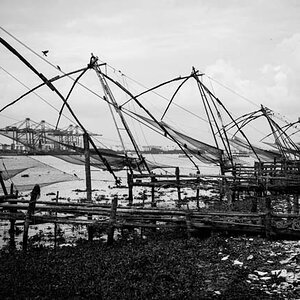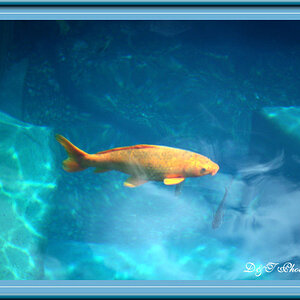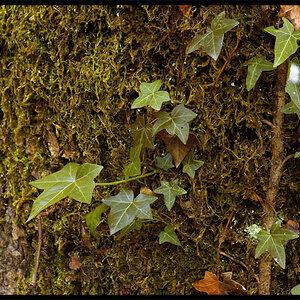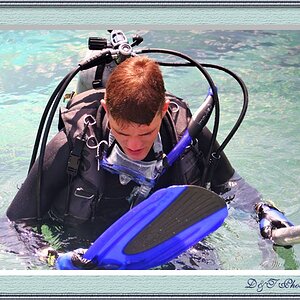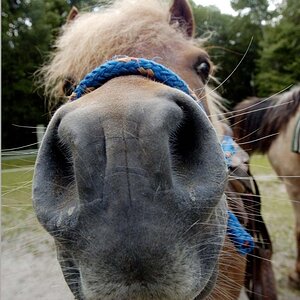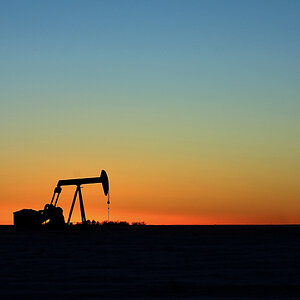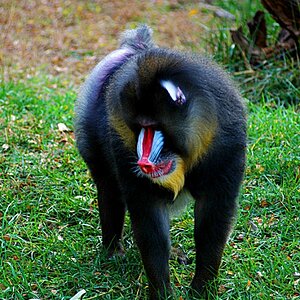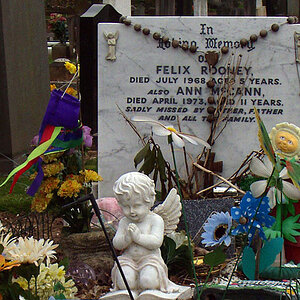- Joined
- May 1, 2008
- Messages
- 25,422
- Reaction score
- 5,003
- Location
- UK - England
- Website
- www.deviantart.com
- Can others edit my Photos
- Photos OK to edit
Well after someone contacted me and reminded me of its existance I thought it might be an idea to give this project another go - a rekindeling of a project that has somewhat suffered over the last year or so - what with many photographers leaving the site for one reason or another. Here are the details of the previous/current setup
The previous talk about the setup
http://www.thephotoforum.com/forum/photographic-discussions/123688-mentoring-system-suggestion.html
The current mentors list
http://www.thephotoforum.com/forum/beyond-basics/125099-official-mentors-bio-list.html#post1258497
So the simple question is, is there any interest in starting this again and giving it more life? I am sure there are many willing to be students but what the project needs more than that is dedicated and skilled photographers willing to be the mentors - willing to dedicate some more time and effort in helping a few others develop their skills?
The previous talk about the setup
http://www.thephotoforum.com/forum/photographic-discussions/123688-mentoring-system-suggestion.html
The current mentors list
http://www.thephotoforum.com/forum/beyond-basics/125099-official-mentors-bio-list.html#post1258497
So the simple question is, is there any interest in starting this again and giving it more life? I am sure there are many willing to be students but what the project needs more than that is dedicated and skilled photographers willing to be the mentors - willing to dedicate some more time and effort in helping a few others develop their skills?


![[No title]](/data/xfmg/thumbnail/34/34055-9c9c587b8094b98e1010fe73cead6994.jpg?1619736255)
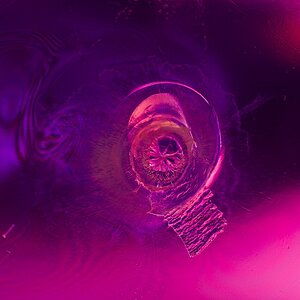
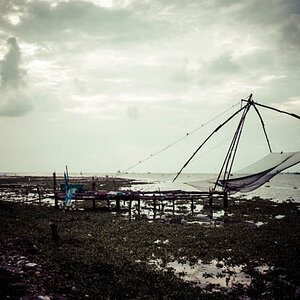
![[No title]](/data/xfmg/thumbnail/30/30986-0fbf9af8f70b46ce37aeb237ba68b573.jpg?1619734551)
